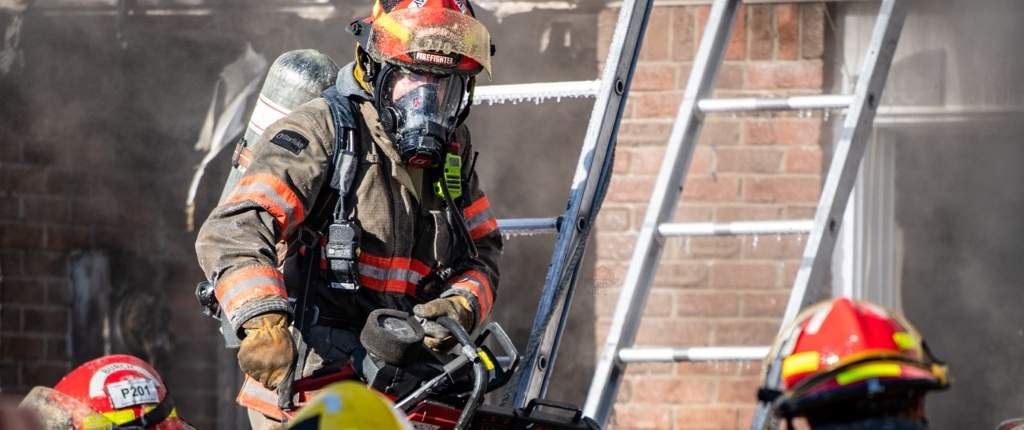Trauma as the Teacher
Recognizing and reacting to potential or actual risks involves not only keen intuition but the application of skills developed from effective training and experience. However, overextending these protective reactions into inappropriate contexts can be less than helpful and even harmful. When appraisals, mobilization, and deployment of these learned reactions and responses are out of proportion in a given context, they must first be understood by their practical values to begin making sense of being sane in insane places.

Separating Past from Present
As a First Responder, the risk of frequent exposure to horrific experiences is greater and has the potential to produce problematic patterns that impact health at biological, psychological, social, and even spiritual levels, irrespective of training or experience. These can become better understood and treated by understanding the potential for histories of complex trauma that exist outside a single event along a timeline of life. Additionally, trauma or other operational stress injuries are normally compounded by other commonplace stressors. Remember, if the present remains consumed by the past, it prevents us from living fully in the present or from planning a future.
–If the present remains consumed by the past, it prevents us from living fully in the present or from planning a future.
Protective or Problematic?
The reactions felt and responses made to meet perceived, or real threats might have been attentive and intentional in past circumstances. However, inappropriate appraisals and the extreme intensity of some reactions might be overextensions in the present from what might have been appropriate and protective in the past.
–Sometimes the anger we show pushes others away when we need them most.
For example, consider anger is a secondary emotion that restrains others, like an overwhelming sense of fear or debilitating sadness. It can mobilize critical thinking and motivate action. However, as a default, the disproportionate intensity of anger can quickly become more problematic than protective. Sometimes the anger we show pushes others away when we need them most. Similarly, we can understand emotional numbing as an attempt to take emotional control in high-stress encounters. A protective skill that may, for example, help prevent panic in terrifying contexts. However, in our attempt to numb emotions outside of insane places, we also deaden the experience of happiness and the ability to feel fully alive.
–In our attempt to numb emotions outside of insane places, we also deaden the experience of happiness and the ability to feel fully alive.
Situational awareness is an unarguably essential quality that allows for tactical vigilance. Being cognizant of potential threats or opportunities allows for rapid decision-making in high-stress environments. However, outside appropriate contexts, having a heightened level of situational awareness can become needlessly exhausting and might even distract our focus when trying to be aware of everything all at once.
–Outside appropriate contexts, having a heightened level of situational awareness can become needlessly exhausting and might even distract our focus when trying to be aware of everything all at once.
The Paradox
The inappropriate intensity of reactions, distorted thoughts, and destructive behaviours in the present may reflect past traumas and can be understood as an overextension of what might have initially been protective reflexes. Experiencing emotional and cognitive collapse resulting from exposure to events unimaginable to most people is not a character flaw. It is the consequence of the normally sane serving in insane environments.
–The inappropriate intensity of reactions, distorted thoughts, and destructive behaviours in the present may reflect past traumas and can be understood as an overextension of what might have initially been protective reflexes.
We must understand reactions and responses as products of learning so we can begin understanding their rationality. Whatever kit you carry, what training you have done, how effective your team is, and capable the leadership is, no one is immune to the stresses and strains of service. This is the potential paradox of service. As a First Responder, you must be made abnormal to behave normally on the battlefield, in an ambulance, firetruck, police car, or dispatch centre. What then must be introduced into a curriculum of training that teaches recovery from acute stress or exposure to trauma? How does this relate to integrating a sense of connection with a community in uniform and at home while serving or after we become Veterans?
–We must understand reactions and responses as products of learning so we can begin understanding their rationality.
Learn more about Trauma and its effects on First Responders and Veterans. Book a Free 15-min Discovery Call with Richard Piekarckz-Vacca.